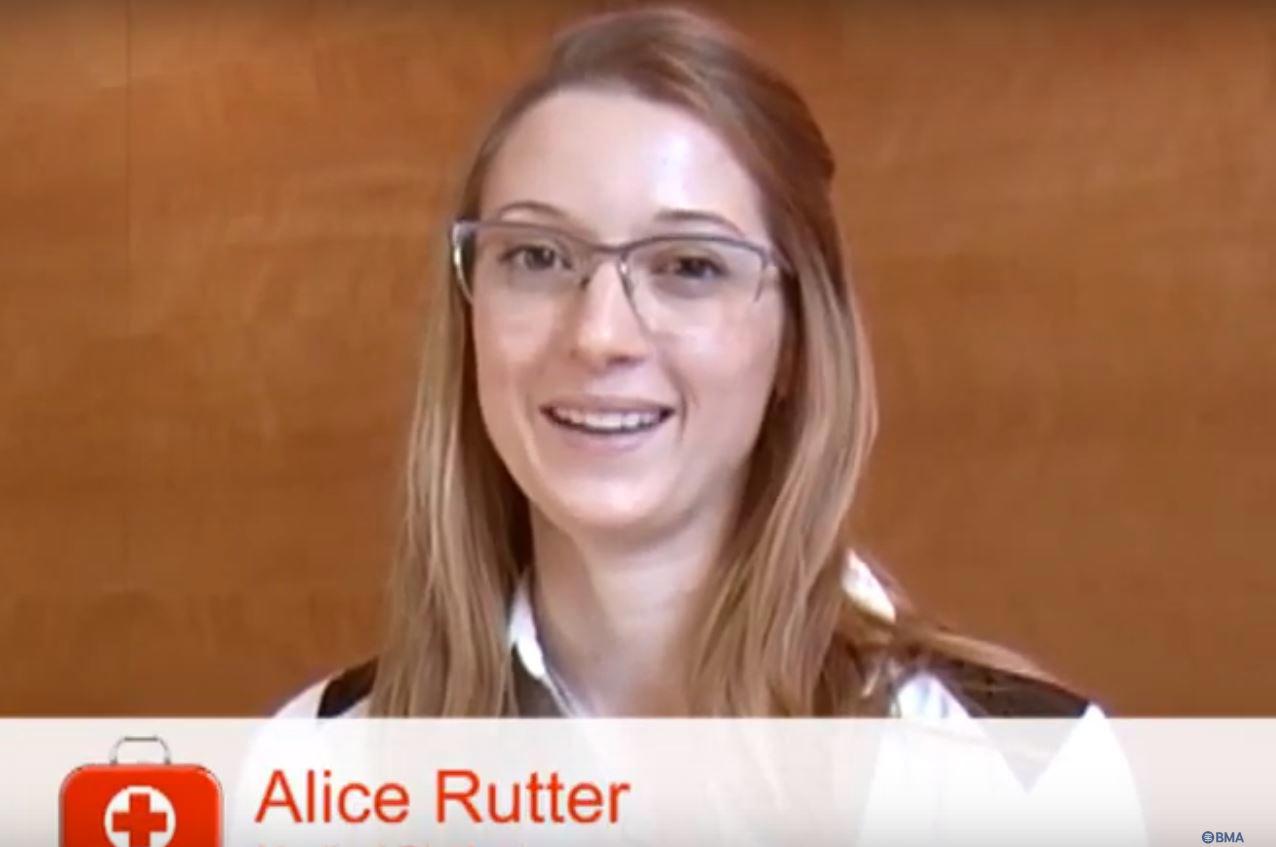Positive professional relationships with your senior colleagues are a rewarding aspect of medicine. Here we outline the importance of learning from your colleagues and how to approach speaking out on the rare occasions when there are concerns.
Working with colleagues
"We look for medicine to be an orderly field of knowledge and procedure. But it is not.
"It is an imperfect science, an enterprise of constantly changing knowledge, uncertain information, fallible individuals, and at the same time lives on the line. There is science in what we do, yes, but also habit, intuition, and sometimes plain old guessing. The gap between what we know and what we aim for persists. And this gap complicates everything we do."
Atul Gawande. Complications: A Surgeon's Notes on an Imperfect Science.
Learning from your colleagues
Positive professional relationships between medical students and their senior colleagues can be among the most rewarding aspects of medicine, particularly where they are based on openness, respect, and trust.
Medicine is a complex, demanding and technically refined profession. You begin your training dependent on the expertise and instruction of senior colleagues, and it is appropriate that you should defer to them.
An inability to learn from expert colleagues or to recognise legitimate authority can be as much of an impediment to becoming a good doctor as obsequiousness and a suppression of critical faculties. Lives may be at stake and the overwhelming majority of senior doctors owe their positions to their technical excellence and you should respect this. Looking back over their careers many doctors can identify inspirational senior colleagues who have had a profound influence on their careers when they were at medical school or in training.
The teaching of medical ethics and law has only become part of mainstream medical teaching relatively recently. This can mean medical students bring a number of expectations, and a legal and ethical language, that may not be familiar to more senior colleagues. Institutional practices may also have developed over the years that seem out of kilter with expectations generated in the medical classroom. This can lead to confusion and a certain amount of moral disorientation when you first encounter clinical care. The benchmark of good practice remains excellence in the care of patients and it is critical that all professionals involved in patient care have this as their focus.

Speaking out about concerns with your colleagues
We do occasionally receive enquiries from medical students who have genuine concerns about either the behaviour of senior colleagues or particular decisions that seem likely to harm patients.
In the majority of cases what is at stake is disagreement over which of several legitimate approaches is best. It is appropriate that the doctor in charge of the patient’s overall care makes the final decision, after discussing and considering the views of other members of the team as appropriate, and medical students should respect this. Students who ignore senior colleagues whenever they feel they have a better idea are likely to harm patients.
Where you do have serious concerns that carrying out instructions will significantly compromise patient care, or where the practice you see is seriously at odds with the principles you have been taught, you have a duty to make your concerns known. Sometimes it is enough politely and non-confrontationally to enquire as to why a particular decision was made. When a satisfactory answer is not received, or where significant concerns remain, further steps may need to be taken, even though this can place a huge burden on you.
We believe teaching institutions are under an obligation to provide safe methods for students and staff to raise and discuss problems of these kinds. In the absence of formal methods, you should consider the approaches outlined below. Speaking out in these contexts can require courage.

Approaches
- Is it possible to raise questions about the episode with the professional concerned in an enquiring and non-confrontational manner?
- If not, or if this has proved unsatisfactory are there local protocols for managing problems of this nature?
- Are there personal tutors, mentors or pastoral carers who may be able to advise?
- Are there other senior colleagues who may be able to give advice?
- Would it be useful to discuss the concerns with fellow students to see if they would agree?
- If advice on the general ethical issues the dilemma raises is required, would it be helpful to seek independent advice from the BMA or the General Medical Council (GMC)?
What’s the moral problem?
The expertise required to deliver high quality medical care in the face of ordinary human variability and uncertainty takes many years to develop. Medical training is therefore necessarily hierarchical with the most senior clinicians having overall responsibility for patient care. This is the best way to maximise benefits to patients. Difficulties arise where resident colleagues consider the behaviour or decision making of their senior colleagues is detrimental to patients. The purpose of medicine is to deliver overall benefits to patients.
Ethically, therefore, where they are in serious conflict, healthcare professionals’ obligations to the wellbeing of patients takes priority over what is owed to senior colleagues. Good or virtuous institutions will have in place effective mechanisms for ensuring that these problems can be addressed for the good of patients.
Practical problems
Sadly, neither all institutions, nor all doctors, are virtuous. Although, in our view, healthcare organisations have an obligation to ensure that systems are in place in order to protect healthcare professionals who raise concerns, they are not yet universal. A small number of very high-profile cases have demonstrated how difficult it can be for concerned doctors and students to raise, in good faith, genuine concerns about the actions of some senior colleagues.
Although the moral obligation to take action where patients are at risk is clear – an obligation formalised by the GMC – in some cases it can take considerable courage, and even self-sacrifice to fulfil it. There are, however, a number of organisations who can provide assistance, including the BMA and the GMC.
